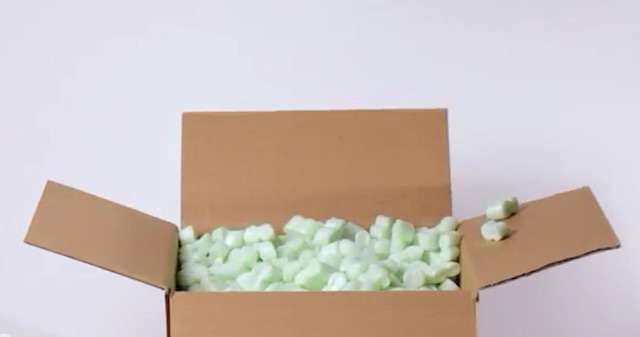Science Discovers Sweetgrass is Natural Mosquito Repellant, Native Americans Knew All Along
Modern science discovers what Native Americans have known for centuries, a natural mosquito repellent you can grow in your own garden.

Packing peanuts may protect your fragile shipments, but they can damage a fragile environment. Now, scientists have found a way to crush them, bake them and recycle them into fast-charging, long-lasting batteries.
Vilas Pol, a scientist at Purdue University in Indiana, came up with the idea while he was unpacking equipment for a new lab.
"We were getting a lot of packing peanuts in all these boxes," Pol said.
He found out that only about 10% of the polystyrene and starch peanuts were recycled in the U.S. The rest rot in landfills, leaking harmful chemicals and detergents into the environment.
The Purdue team crushed the peanuts and cooked them with other chemicals at 1,100 degrees. This created carbon microsheets and nanoparticles. These are similar to the graphite used to make parts of most rechargeable batteries — only better.
It's much thinner, allowing batteries to store more electricity.
In tests, the packing peanut batteries showed at least 13% higher storage capacity than most commercial batteries on the market today— and they charged faster, too.
"The process is inexpensive, environmentally benign and potentially practical for large-scale manufacturing," Vinodkumar Etacheri told a meeting of the American Chemical Society in Denver, where their findings were unveiled.
The team built coin cell batteries— similar to watch batteries — for their tests. But they say they can easily scale up the process to build bigger ones and could have their products on the market in as little as two years.
(WATCH the video below or READ more from Perdue University)
Spread the Good News (below)…
Be the first to comment